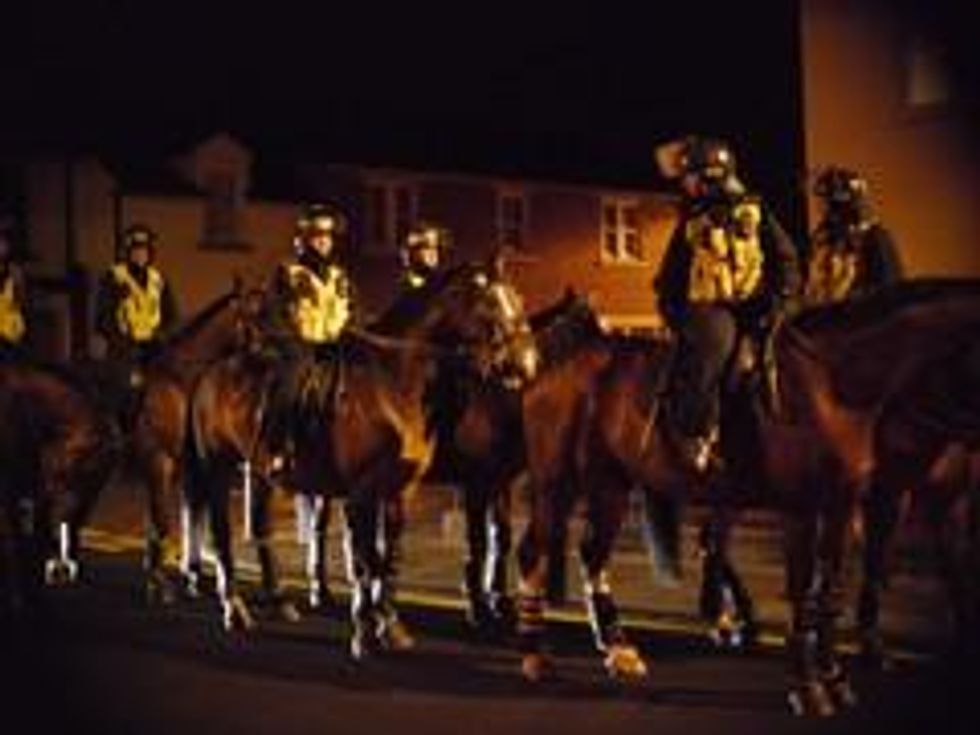Since the coalition came to power just over a year ago, the country has seen multiple student protests, occupations of dozens of universities, several strikes, a half-a-million-strong trade union march and now unrest on the streets of the capital (preceded by clashes with Bristol police in Stokes Croft earlier in the year). Each of these events was sparked by a different cause, yet all take place against a backdrop of brutal cuts and enforced austerity measures. The government knows very well that it is taking a gamble, and that its policies run the risk of sparking mass unrest on a scale we haven't seen since the early 1980s. With people taking to the streets of Tottenham, Edmonton, Brixton and elsewhere over the past few nights, we could be about to see the government enter a sustained and serious losing streak.

The policies of the past year may have clarified the division between the entitled and the dispossessed in extreme terms, but the context for social unrest cuts much deeper. The fatal shooting of Mark Duggan last Thursday, where it appears, contrary to initial accounts, that only police bullets were fired, is another tragic event in a longer history of the Metropolitan police's treatment of ordinary Londoners, especially those from black and minority ethnic backgrounds, and the singling out of specific areas and individuals for monitoring, stop and search and daily harassment.
One journalist wrote that he was surprised how many people in Tottenham knew of and were critical of the IPCC, but there should be nothing surprising about this. When you look at the figures for deaths in police custody (at least 333 since 1998 and not a single conviction of any police officer for any of them), then the IPCC and the courts are seen by many, quite reasonably, to be protecting the police rather than the people.
Combine understandable suspicion of and resentment towards the police based on experience and memory with high poverty and large unemployment and the reasons why people are taking to the streets become clear. (Haringey, the borough that includes Tottenham, has the fourth highest level of child poverty in London and an unemployment rate of 8.8%, double the national average, with one vacancy for every 54 seeking work in the borough.)
Those condemning the events of the past couple of nights in north London and elsewhere would do well to take a step back and consider the bigger picture: a country in which the richest 10% are now 100 times better off than the poorest, where consumerism predicated on personal debt has been pushed for years as the solution to a faltering economy, and where, according to the OECD, social mobility is worse than any other developed country.
As Richard Wilkinson and Kate Pickett point out in The Spirit Level: Why Equality is Better for Everyone, phenomena usually described as "social problems" (crime, ill-health, imprisonment rates, mental illness) are far more common in unequal societies than ones with better economic distribution and less gap between the richest and the poorest. Decades of individualism, competition and state-encouraged selfishness - combined with a systematic crushing of unions and the ever-increasing criminalisation of dissent - have made Britain one of the most unequal countries in the developed world.
Images of burning buildings, cars aflame and stripped-out shops may provide spectacular fodder for a restless media, ever hungry for new stories and fresh groups to demonise, but we will understand nothing of these events if we ignore the history and the context in which they occur.

